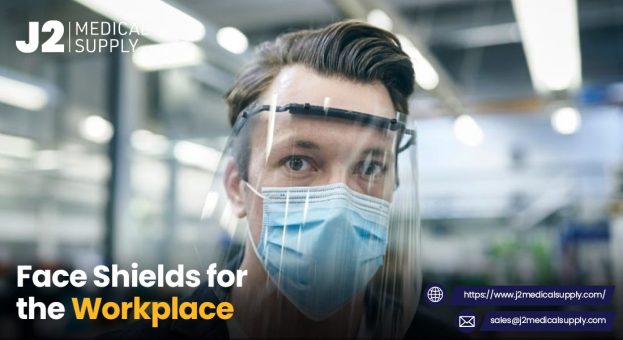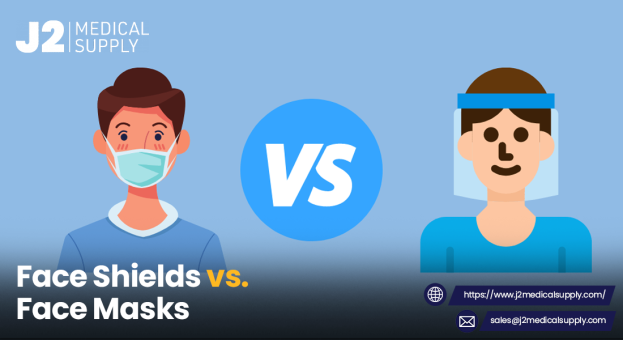In the battle against viral infections, face masks have emerged as a powerful tool to curb the spread of diseases, especially in the wake of the COVID-19 pandemic. The widespread use of face masks has become a cornerstone of public health strategies worldwide. But what is the true effectiveness of face masks against viral infections, and how do different types of masks stack up in terms of protection?
The use of face masks serves two primary purposes: protecting the wearer from inhaling infectious particles and preventing the wearer from transmitting the virus to others. From simple surgical masks to advanced respirator masks, the market offers a range of options for individuals seeking viral protection. Understanding the effectiveness and features of these masks is crucial for making informed decisions about personal and community health.
Antiviral face masks have gained significant attention, as they are specifically designed to combat viral infections. These masks incorporate special filters or coatings that aim to neutralize or kill viruses, providing an additional layer of defense. However, surgical masks and respirator masks also play vital roles in preventing the transmission of viral particles.
Face Masks Against Viral Infections
In this comprehensive guide, we will delve into the effectiveness of face masks against viral infections, exploring the science behind their protective mechanisms and evaluating different types of masks available. We will discuss key features, such as filtration capabilities, breathability, and fit, which are essential factors to consider when choosing the most suitable mask for viral protection. Additionally, we will address common misconceptions and provide evidence-based insights to debunk myths surrounding the use of face masks.
As the world continues to navigate the challenges posed by COVID-19 and other viral threats, understanding the true effectiveness of face masks is paramount. By arming ourselves with knowledge about the capabilities and limitations of various face masks, we can make informed decisions to safeguard our health and the well-being of those around us. So, let us embark on this journey to uncover the protective power of face masks against viral infections and discover the best practices for ensuring a safer and healthier future.
Unmasking the Science
Understanding the science behind how face masks against viral infections work is crucial in comprehending their effectiveness. Face masks act as physical barriers that can intercept and filter out airborne particles, including viral droplets. These masks create a protective shield, reducing the risk of inhalation or transmission of viral particles.
Various types of face masks, such as surgical masks, respirator masks, and antiviral masks, employ different mechanisms to provide protection. Surgical masks, including those offered by J2 Medical Supply, are designed to prevent respiratory droplets expelled by the wearer from reaching others. They primarily serve as source control, reducing the transmission of viruses from the wearer to the surrounding individuals.
Respirator masks, such as N95 masks, offer a higher level of filtration and a better fit, providing both source control and protection for the wearer. These masks, often recommended for healthcare workers, filter out a significant portion of airborne particles, including viral particles.
Antiviral masks, another option available on the market, incorporate special filters or coatings that have been engineered to neutralize or kill viruses. While these masks may offer an additional layer of defense, it is essential to consider their specific antiviral properties and certifications when choosing the most suitable option.
By understanding the mechanisms of different face masks and their effectiveness against viral infections, individuals can make informed decisions regarding the type of mask that best suits their needs, prioritizing both personal protection and the safety of others.
Evaluating Face Mask Filtration
Filtration capabilities play a critical role in determining the effectiveness of face masks against viral infections. The ability of a mask to filter out airborne particles, including viruses, directly impacts its protective power.
Filtration efficiency is commonly measured by the mask’s bacterial filtration efficiency (BFE) and particle filtration efficiency (PFE). BFE indicates the mask’s ability to filter out bacteria-sized particles, while PFE measures its effectiveness against smaller particles, including viruses.
Surgical masks, such as those provided by J2 Medical Supply, typically have a BFE rating of 95% or higher. They can filter out a significant portion of larger respiratory droplets that may contain viral particles. Respirator masks, like N95 masks, offer a higher level of filtration, with a minimum PFE rating of 95%. These masks can filter out at least 95% of airborne particles, including small respiratory droplets carrying viruses.
It is essential to choose face masks with appropriate filtration capabilities based on the specific viral threat. While surgical masks and respirator masks are widely recommended, understanding their filtration capacities empowers individuals to select the most effective option for their circumstances.
Fit and Comfort | Face Masks Against Viral Infections
Apart from filtration capabilities, the fit and comfort of a face mask significantly influence its effectiveness in preventing viral infections. A well-fitting mask ensures a secure seal, minimizing the gaps that could allow the entry or escape of viral particles.
Achieving a proper fit involves considering factors such as mask size, shape, and adjustable features. J2 Medical Supply offers masks in various sizes to accommodate different facial structures, enhancing both comfort and fit. Masks with adjustable nose clips and ear loops can be customized to provide a snug fit, reducing air leakage.
An ill-fitting mask compromises its protective capacity as it may allow viral particles to enter or exit through gaps. It is important to note that facial hair, like beards, can interfere with the mask’s seal, reducing its effectiveness. Healthcare providers and individuals should adhere to guidelines regarding facial hair and proper mask usage to ensure optimal protection. By following these guidelines, we can maximize the protective benefits of face masks against viral infections and contribute to the overall health and safety of ourselves and those around us.
Conclusion
Face masks play a vital role in protecting individuals from viral infections, and their effectiveness relies on various factors such as filtration capabilities, fit, and comfort. Understanding the science behind face masks and evaluating their filtration efficiency is crucial when selecting the most suitable option for viral protection. J2 Medical Supply offers a range of high-quality face masks, including surgical masks and other reliable options, prioritizing both effectiveness and comfort. By emphasizing the importance of a proper fit and considering factors such as mask size, adjustable features, and comfortable materials, individuals can ensure the optimal use of face masks. With J2 Medical Supply and other reputable suppliers, we can confidently embrace the protective power of face masks in our efforts to combat viral infections and safeguard public health.




